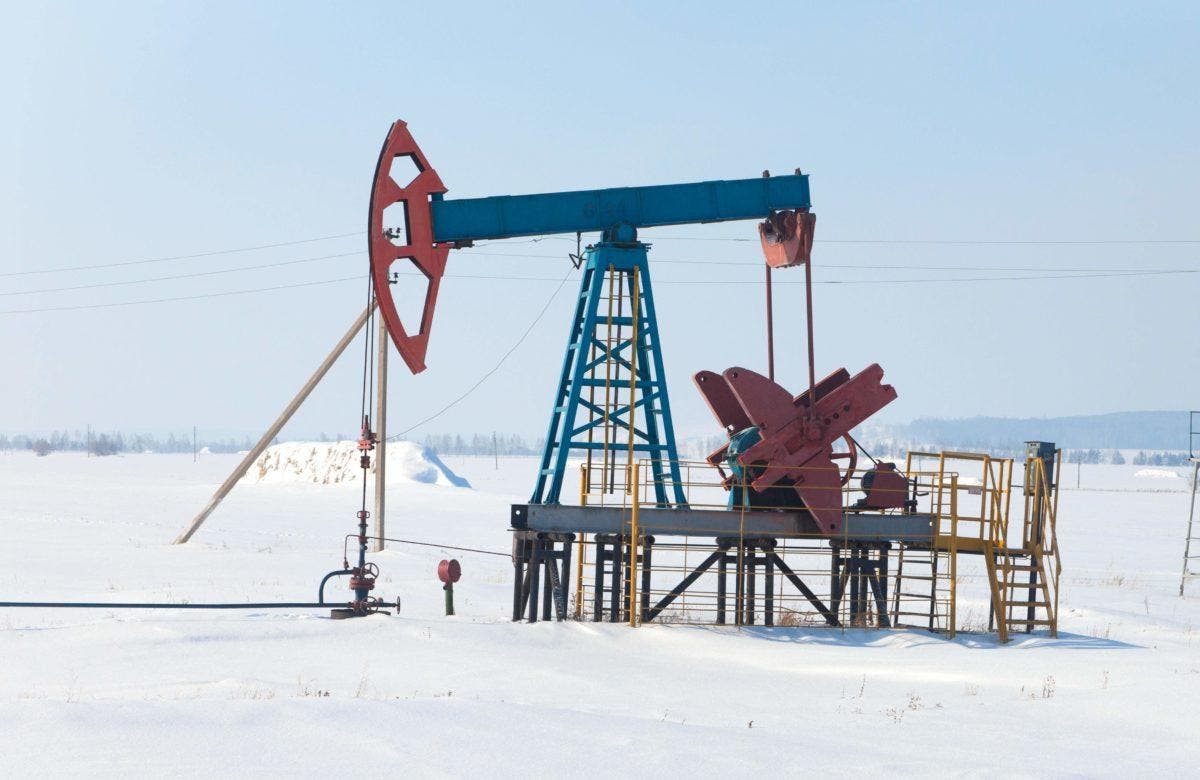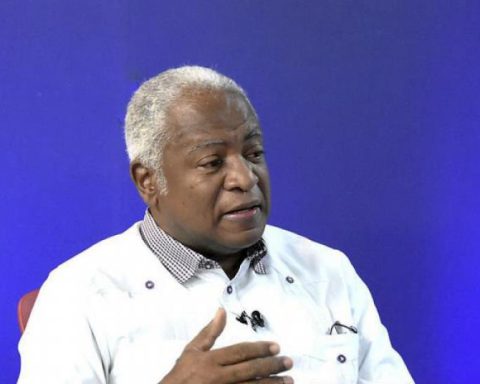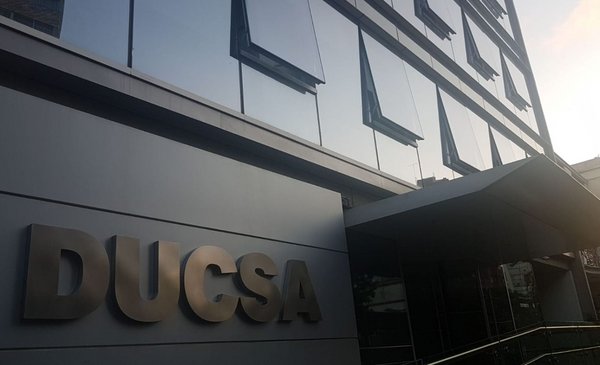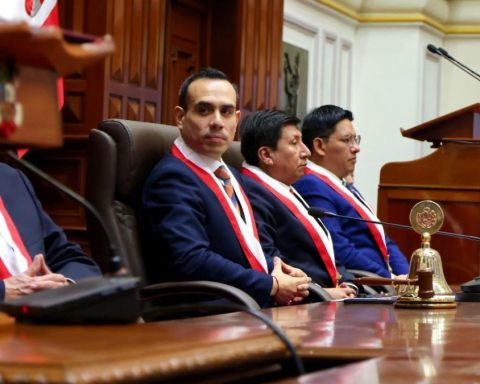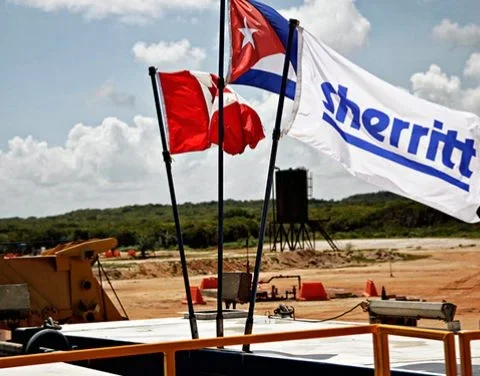The president of United States, Joe Bidenannounced this Tuesday at a press conference the immediate ban on importing Russian energyand revealed that the US Government is working with the European Union so that the Twenty-Seven can take the same step.
“We want our European allies to become independent of Russian energy,” Biden said.
The US ban will include Russian oil, liquefied natural gas (LNG) and coal.
Finally, the Biden administration took the step, given the ability of the United States to replace the 200,000 barrels that imports daily from Russia.
The barrel of Brent arrived yesterday at $127.98 after knowing the intentions of the USA, and that of WTI Texas rose to $123.70. The reference barrel in the US seems to be discounting the effect of sanctions.
According to data from the US Energy Information Administration, the russian oil it accounted for about 3% of all crude oil shipments reaching the US market in 2021.
Can read: Shell will stop buying gas and oil from Russia and will close its gas stations
At the same time, it was reported that the UK government plans to eliminate all Russian oil imports, London announced shortly before.
The measure is agreement with the US and the prohibition It will be implemented gradually in the coming months. The ban will not apply to Russian gas, according to reports.
On the other hand, the European Commission presented this Tuesday a proposal to reduce Russian gas imports by two thirds annually and achieve the goal of cutting Europe’s dependence on Russian fossil fuels in 2030, in response to Russia’s offensive on Ukrainian territory and the threat to the community energy market.
Unprecedented rise in the price of nickel
The London Metal Exchange suspended trading in nickel yesterday after an unprecedented rally took its price up to 250% in two days, having briefly surpassed $100,000 a ton early Tuesday.
The price escalation had left brokers hard-pressed to pay margin calls against unprofitable short positions, in a “short squeeze” which has implicated the largest nickel producer as well as a major Chinese bank.
The debacle will recall the LME’s darkest time, the 1985 “tin crash”, in which the exchange suspended tin trading for four years and forced many middlemen out of business.
Russia is the world’s third largest producer of nickel.
